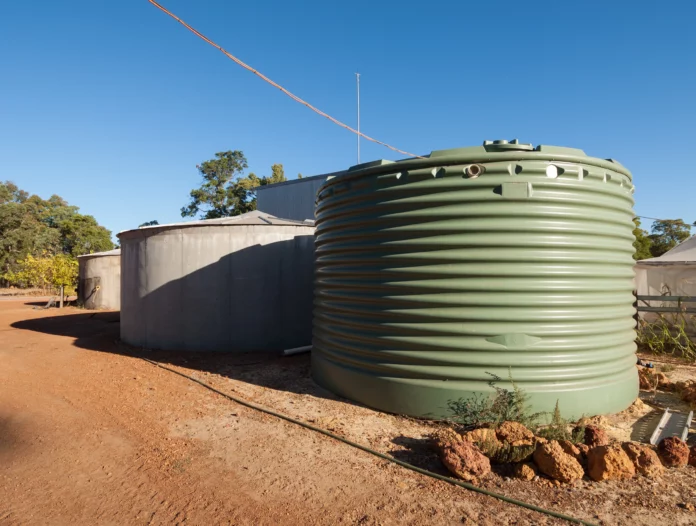Headline: How Subsidies for Drought-Resistant Crops Could Transform the Food and Beverage Industry
Introduction:
The European Commission is considering offering new subsidies to farmers who invest in drought-resistant crops as part of the renewal of the bloc’s farming subsidy programme. This move aims to address the increasing pressure on Europe’s water supplies due to climate change and industrial activities. The subsidies could help farmers pay for more drought-resistant crops and precision irrigation tools, ultimately improving water management and environmental sustainability in the agriculture sector.
Transition Packages for Farmers:
The draft EU policy proposal includes new “transition packages” that provide advice and funding to farmers to help them improve their water management practices. These packages aim to support and reward farmers who engage in transformational changes to enhance the environmental and climate performance of their holdings. By offering subsidies for drought-resistant crops and precision irrigation tools, farmers can reduce water wastage and adapt to the challenges posed by climate change.
Impact on Agriculture Sector:
The agriculture sector is one of the most affected industries by climate change, with European farmers already experiencing the impacts of increasing droughts and floods. Recent years have seen a decline in crop yields due to extreme weather conditions. By incentivizing the adoption of drought-resistant crops and efficient water management practices, the subsidies could help farmers mitigate the effects of climate change and improve their resilience to future challenges.
Environmental Concerns and Policy Changes:
While the EU is taking steps to support farmers in improving water management, there have been concerns about the loosening of environmental measures on farming. In response to farmers’ protests, the European Commission has proposed weakening environmental conditions on existing farming subsidies to reduce bureaucracy. However, the focus on promoting sustainable agriculture through subsidies for drought-resistant crops and water-efficient practices aligns with the broader goal of enhancing environmental sustainability in the agriculture sector.
Forward-Looking Strategies:
As the EU moves towards implementing new subsidies for drought-resistant crops, food and beverage professionals can explore opportunities to collaborate with farmers and suppliers who adopt sustainable practices. By sourcing ingredients from farmers who prioritize environmental sustainability and water management, businesses can contribute to a more resilient and sustainable food supply chain. Investing in research and development of drought-resistant crop varieties and innovative irrigation technologies can also help food and beverage companies adapt to changing climatic conditions and consumer preferences.
Industry Analysis:
The introduction of subsidies for drought-resistant crops could have a significant impact on the global food and beverage industry. Key implications include:
– Supply Chains: The adoption of drought-resistant crops and water-efficient practices by European farmers could influence global supply chains, promoting sustainable sourcing practices and resilience to climate change.
– Pricing: The availability of drought-resistant crops may affect pricing dynamics in the food and beverage industry, with consumers showing increasing interest in sustainable and environmentally friendly products.
– Trade Dynamics: The shift towards sustainable agriculture practices in Europe could influence trade dynamics, with potential implications for international markets and trade agreements.
– Strategic Outlook: Food and beverage companies should consider the long-term implications of the subsidies for drought-resistant crops and incorporate sustainable sourcing practices into their strategic planning to stay competitive in a changing market landscape.
Conclusion:
The proposal to offer subsidies for drought-resistant crops presents an opportunity for food and beverage professionals to engage with sustainable agriculture practices and promote environmental resilience in the industry. By supporting farmers in improving water management and adopting climate-smart technologies, businesses can contribute to a more sustainable food supply chain and meet the evolving demands of consumers and regulators. Embracing these forward-looking strategies can position food and beverage companies for success in a rapidly changing industry landscape.




